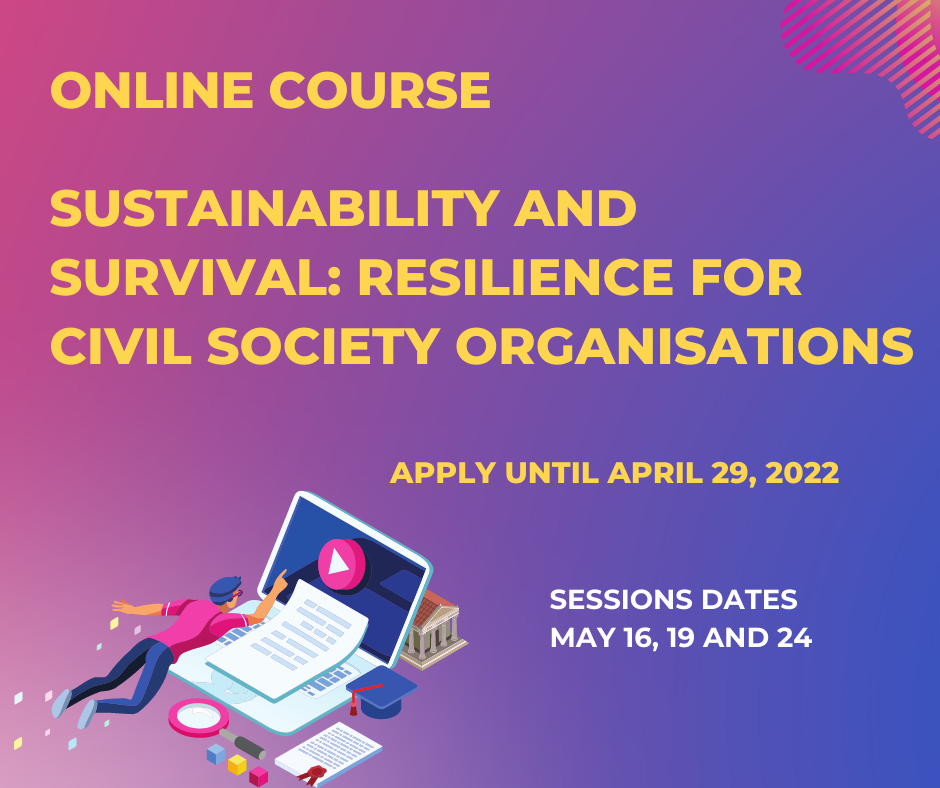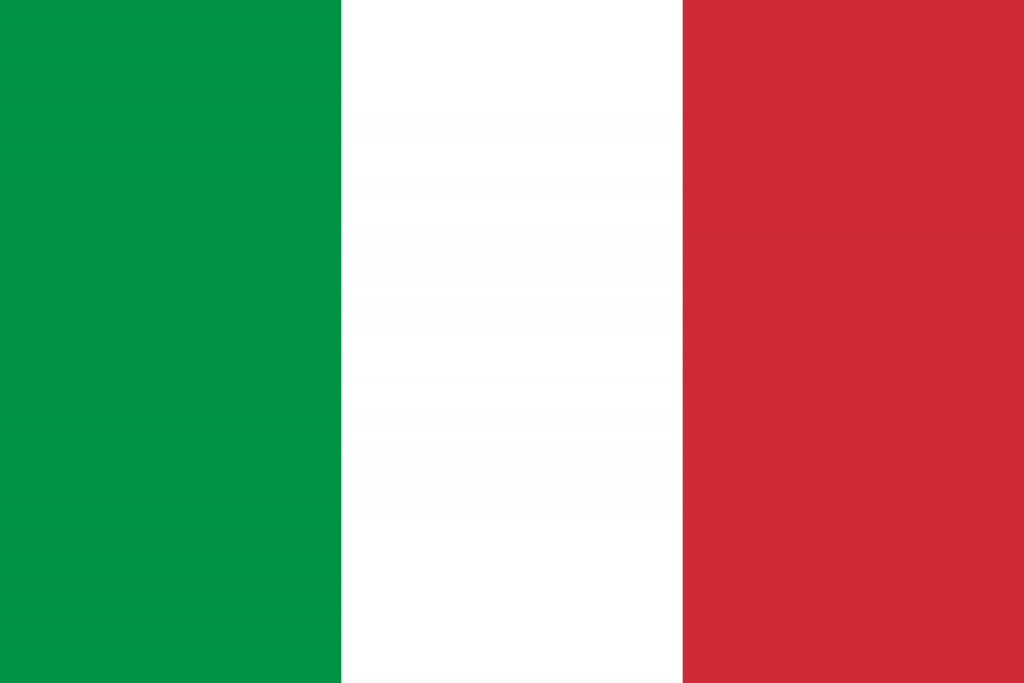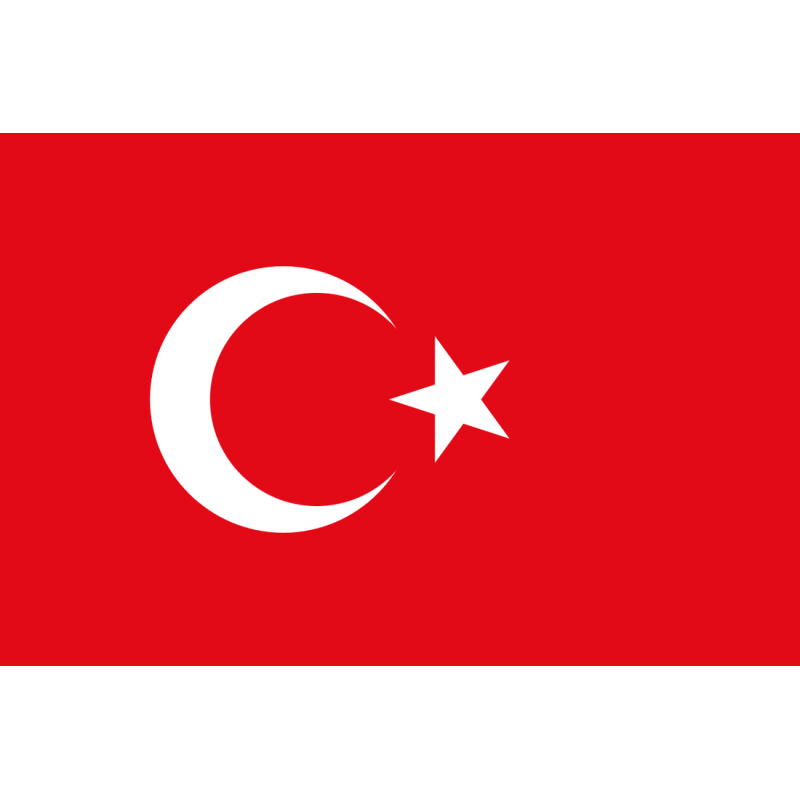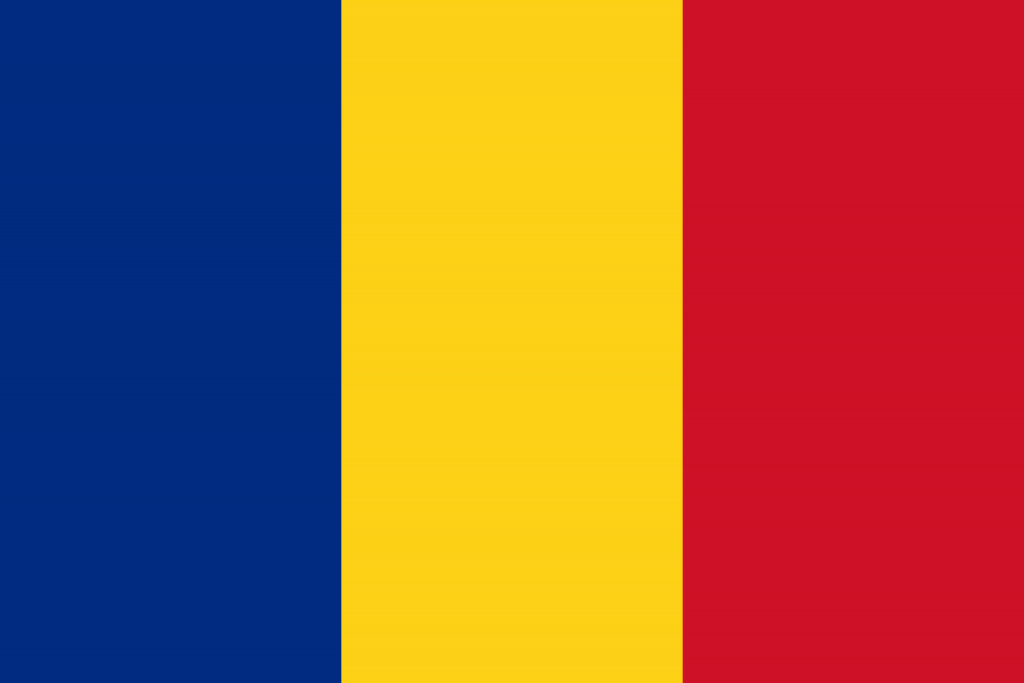| RFP Number | EHRA-04-14 |
| RFP Title | Сonsultancy. Regional analysis on drug checking |
| RFP Closing Date and time: | 23:59 EET on April 21, 2022 |
| Proposal Submission Address: | info@harmreductioneurasia.org |
Background
Eurasian Harm Reduction Association (EHRA) is a non-for-profit public membership-based organization uniting harm reduction activists and organisations from Central and Eastern Europe and Central Asia (CEECA) with its mission to actively unite and support communities and civil societies to ensure the rights and freedoms, health, and well-being of people who use psychoactive substances in the CEECA region.
EHRA as a part of the International Harm Reduction Consortium project is looking for a consultant to do a regional analysis of the legal frameworks around drug checking services. Drug checking (also known as pill testing) is an evidence-informed harm reduction tool, that allows people who use drugs to help identify the substance they intend to take, and to make more informed and safer decisions about their consumption.
In the last few years, discussions about the need for the introduction of drug checking services in CEECA region countries gained momentum. It is mainly related with a high prevalence of new psychoactive substances and other dangerous adulterants, such as fentanyl. Only few countries in CEECA region have drug checking service (in most cases – those are individual organizational initiatives, rather than officially approved service). In some countries of the region (i.e. Slovenia) drug samples are collected at info points and tested in the National Forensic Laboratories, in some other countries (i.e. Lithuania, Ukraine, Georgia, Poland) drug samples are tested with colorimetric/ reagent tests. But in most countries of the region such a service doesn’t exist at all. Mainly because of the existing repressive laws, lack of political will and small financing for harm reduction services.
The aim of this consultancy is to analyze main legal, social, financial and other challenges and obstacles to initiate provision of drug checking services in CEECA region and prepare a report with recommendations on possible ways to overcome the obstacles (based on existing best practices).
Objectives of the consultancy:
- To organize a regional call with EHRA members to identify main legal, social, financial and other challenges and obstacles to start provision of drug checking services in CEECA region.
- To make an in-depth analysis of documents and evidence identified during regional call, which create key challenges and obstacles to start provision of drug checking services in CEECA region.
- To prepare recommendations for each identified obstacle/ challenge, based on the provision of existing drug checking services in the world.
- To prepare a regional report, which is comprised of analysis of challenges and obstacles, and suggested recommendations on how to possibly overcome these challenges and obstacles.
- To participate in the regional webinar, where the final report will be presented to a wider audience (possibly also to the decision makers).
Proposed timeline:
All activities should be completed by 31st July, 2022.
Evaluation Criteria
Submitted applications will be evaluated by the evaluation panel of the Eurasian Harm Reduction Association.
A two-stage procedure will be utilized in evaluating the proposals:
- evaluation of the previous experience (portfolio) via technical criteria – 80% in total evaluation;
- comparison of the costs (best value for money) – 20% in total evaluation.
Cost evaluation is only undertaken for technical submissions that score a minimum 80 points out of a maximum of 100 as a requirement to pass the technical evaluation. A proposal which fails to achieve the minimum technical threshold will not be considered further.
To assess submitted applications, the following technical criteria will be used (80%) (maximum possible number of points is 100):
Evaluation criteria: | Points |
Work experience by providing services for people who use drugs | 30 |
Work experience by involving peer-to-peer workers in the provision of harm reduction services for people who use drugs | 40 |
Realistic and justified budget | 30 |
Maximum possible number of points | 100 |
Cost proposal (20%): EHRA will allocate same importance to the provided portfolio and recorded experience as to the cost of the services. The cost proposal will be evaluated in terms of best value-for money to EHRA in EUR, price and other factors considered
Condition
This announcement and its attachments shall not be construed as a contract or a commitment of any kind. This request for proposals in no way obligates EHRA to award a contract, nor does it commit EHRA to pay any cost incurred in the preparation and submission of the proposals.
How to apply
To be eligible as a EHRA consultant, any organization or individual must comply with the Eurasian Harm Reduction Association Code of Ethics which you can find at the following link: https://old.harmreductioneurasia.org/ehra-code-of-ethics/
Applicants must submit the following documents:
– CV,
– Letter of Interest.
The CV and Letter of Interest should clearly reflect the competency of the candidate necessary to complete this task, as well as include the proposed number of working days for each objective, cost and timing of their implementation. Please, also add to your Letter of Interest relevant examples of your work in analyzing public health issues in few countries and preparing recommendations for the civil society advocacy.
Please submit your proposal to the info@harmreductioneurasia.org .
In the subject line of your e-mail please indicate the RFP number, title “Сonsultancy. Regional analysis on drug checking and your name”. Otherwise, the application will not be considered.
General terms
Interested consultants should pay attention to the following conditions:
- EHRA will sign an agreement with the winner of the competitive selection. The contract will define a detailed work plan and payment terms.
- EHRA reserves the right (but does not commit itself to obligations) to enter into negotiations with one or more applicants in order to obtain clarifications or additional information, as well as to agree on the timing of work.
- The winner must confirm his/her daily rate before signing of the agreement.
- Results will be announced by 26th April 2022. Each candidate will be contacted individually.
- Any questions regarding the participation should be sent to eliza@harmreductioneurasia.org till April 20, 2022.








